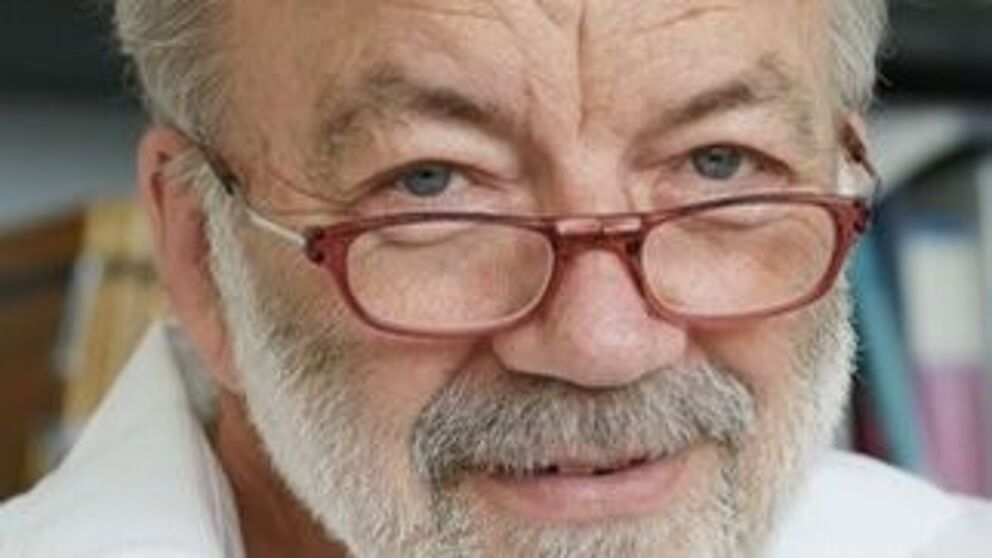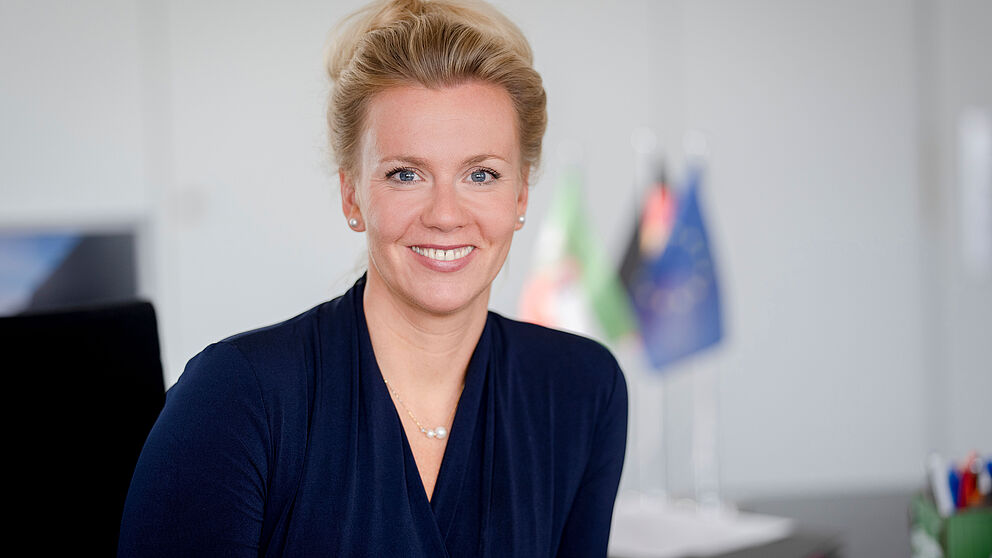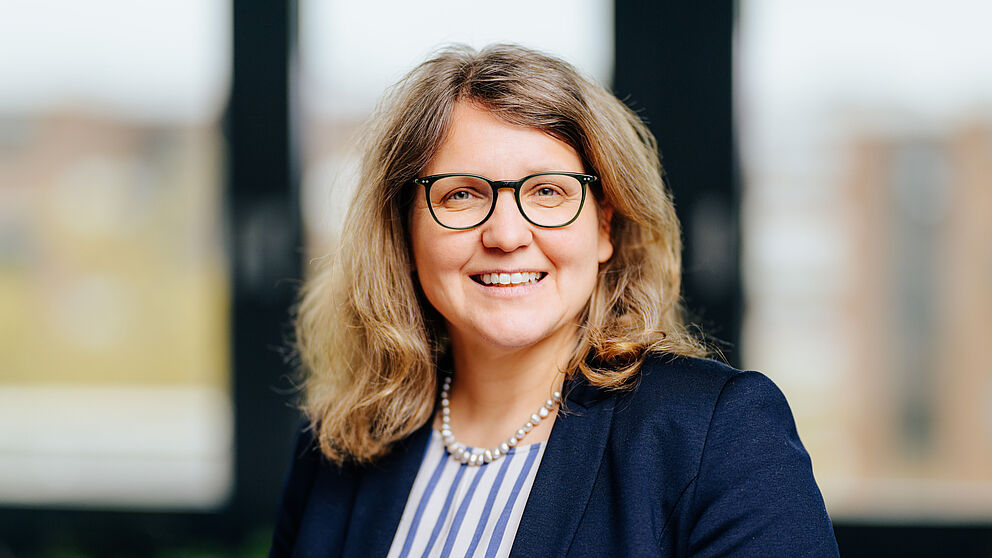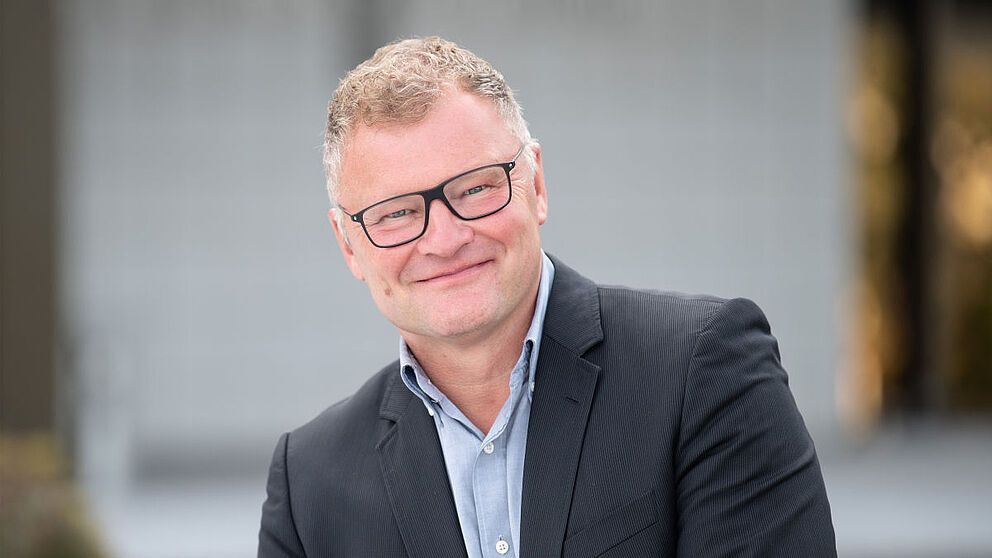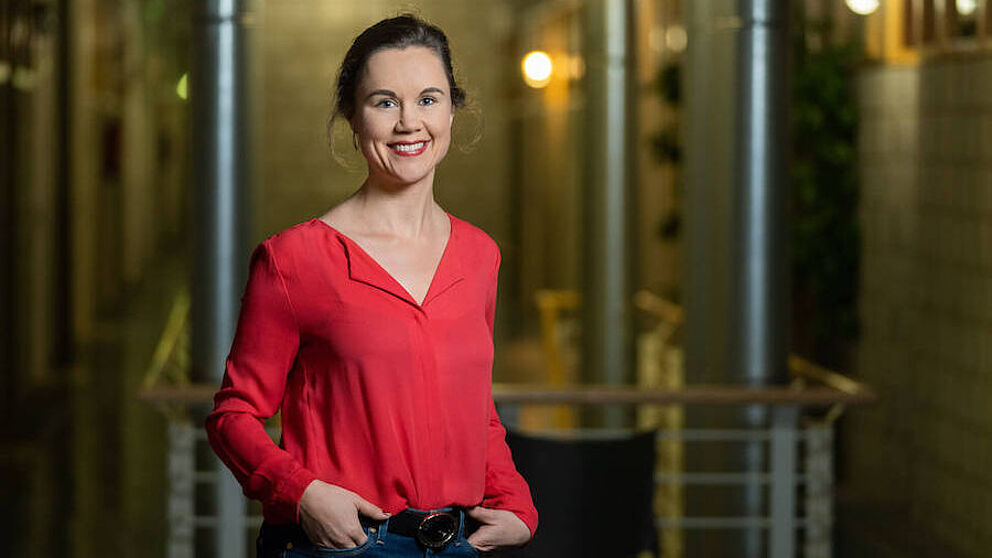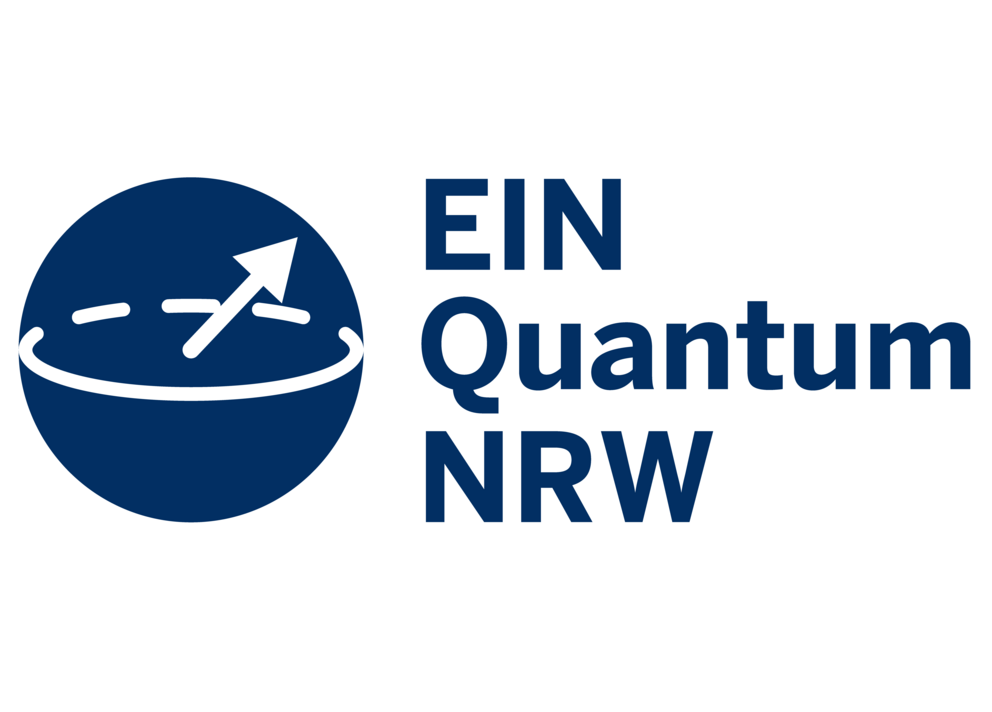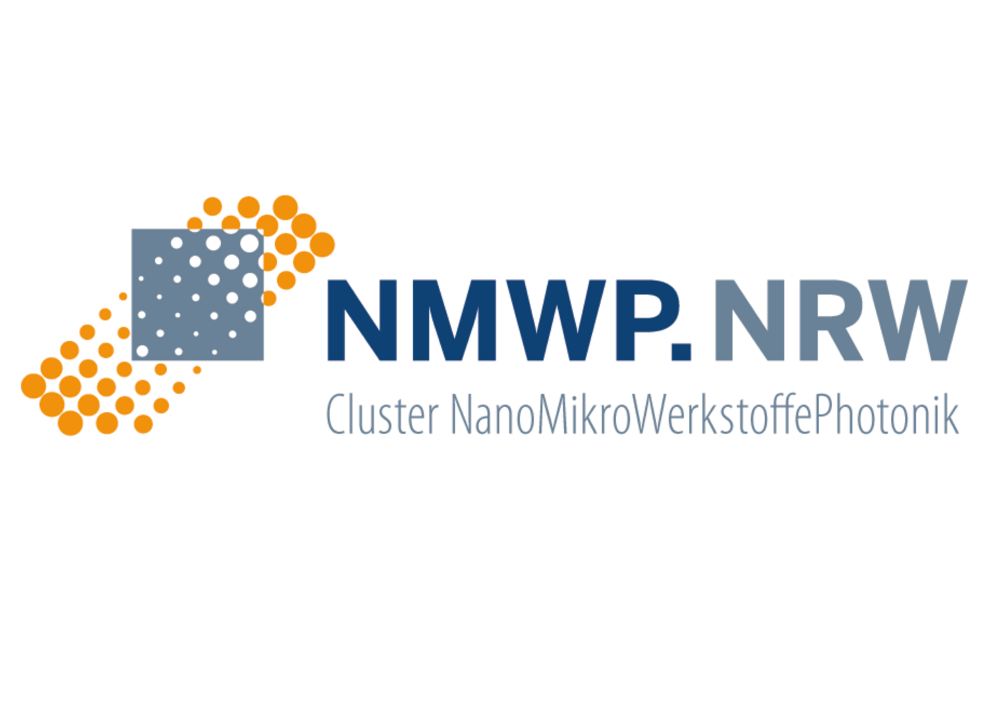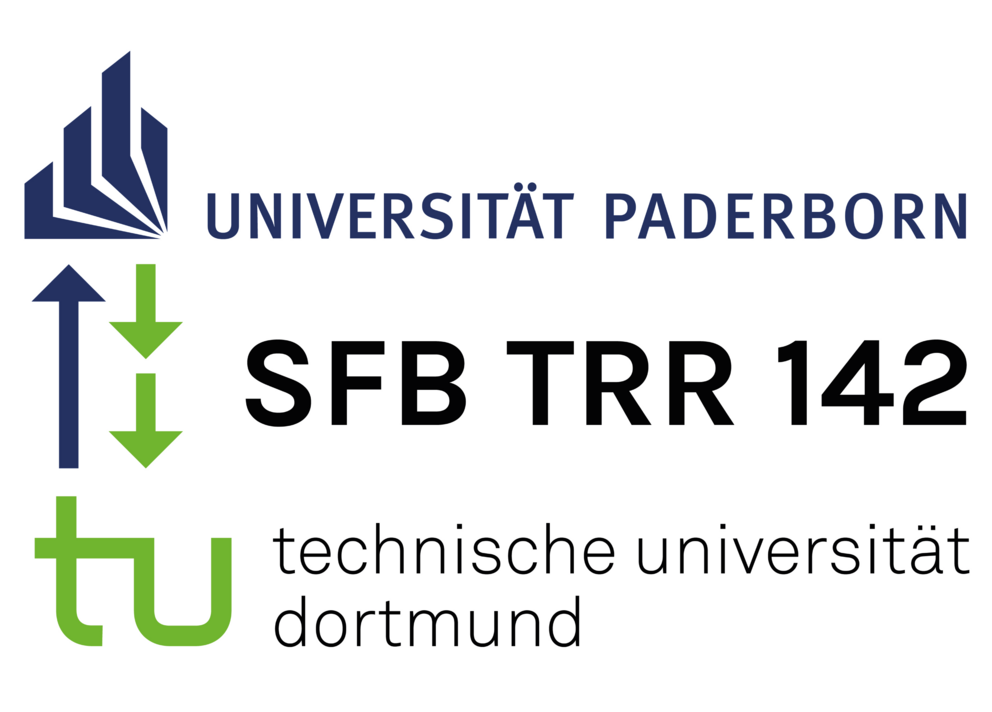Science Talk: Dance of quanta. Join us on a fantastic journey into the world of quantum computing.
07 October 2024, 7.00 p.m. | Heinz Nixdorf MuseumsForum (HNF), Paderborn

Certainly, classical computers have become an integral part of our everyday lives and they have achieved computing power beyond our imagination. However, thanks to superpositions and entanglements, the quantum computers are set to far exceed the limits of today's supercomputers! They are supposed to solve calculations in no time at all which have been unsolvable using classical methods.
We know there are still only a few functioning quantum computers in the world so far, and they still fill entire laboratories. But the history of computing – which is being presented at the HNF computer museum – shows impressively how the technologies have already developed from large computer rooms to the modern smartphones we use today. Can you even imagine living without one?
Yet, when will this ominous quantum computer finally come into use? Will they really change our everyday lives? And what makes them superior to conventional computers?
Find out more in an exciting lecture by Prof. Dr Gerd Leuchs, one of the most prominent quantum researchers in Germany, which will be understandable for non-physicists. The lecture will be followed by an entertaining discussion with Prof Dr Christine Silberhorn (Paderborn University), Dr Jochen Viehoff (Heinz Nixdorf MuseumsForum) and Ina Brandes, Minister for Culture and Science of the state of North Rhine-Westphalia.
Admission free. Please register via the HNF registration portal, even if you have already registered for the [QPS2024]. The café F7 within the museum will be open until 10 p.m.
Programme
| 6.30 p.m.: Admission |
| Admission to the auditorium of the Heinz Nixdorf MuseumsForum |
| 7.00 p.m.: Start of the event |
| Film screening, introduction and welcoming words |
| 7.30 p.m.: Lecture ‘On the way towards quantum computing’ |
| Keynote speech by Prof Dr Gerd Leuchs |
| 8.15 p.m.: Moderated discussion ‘The big questions of quantum technologies’ |
| Expert discussion on quantum technologies from the perspective of science, politics and museum education |
| 9.15 p.m.: Opportunity for exchange |
| End of moderated event & casual get together in the 'F7 – Café & Co.' in the Heinz Nixdorf MuseumsForum |

